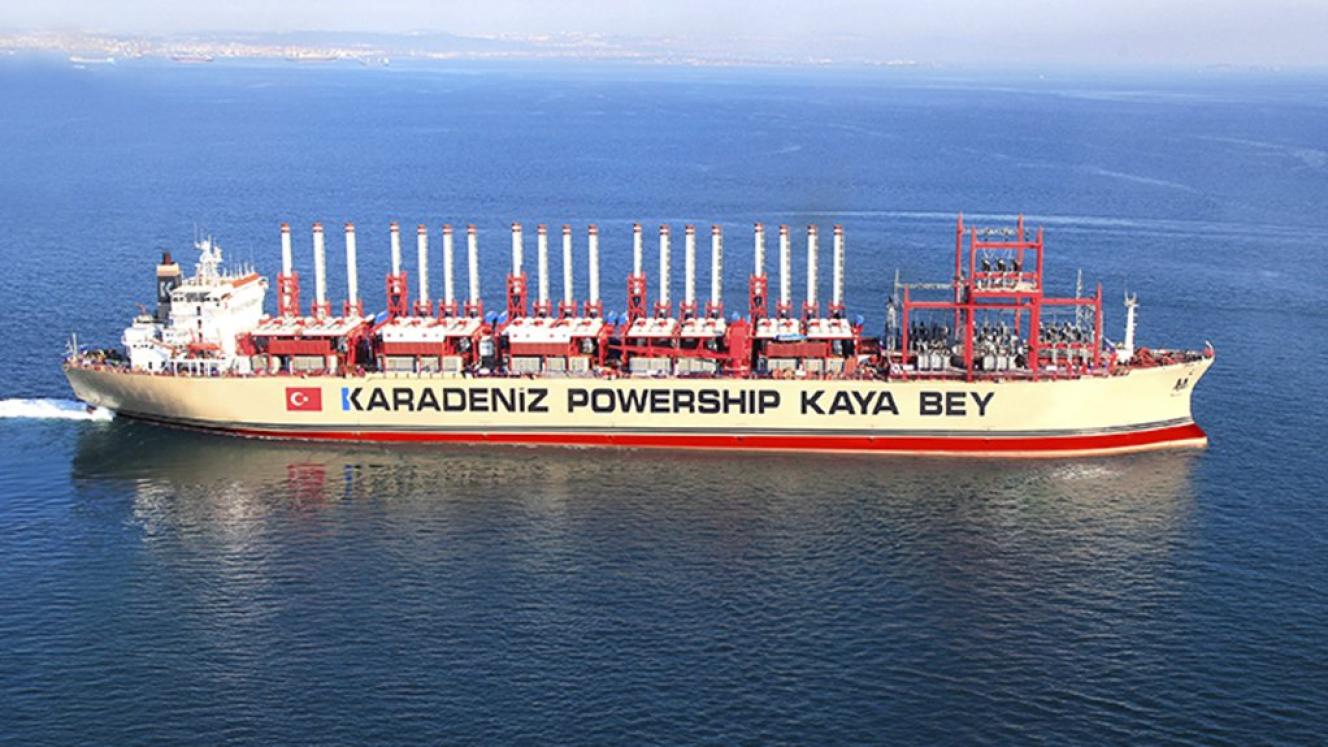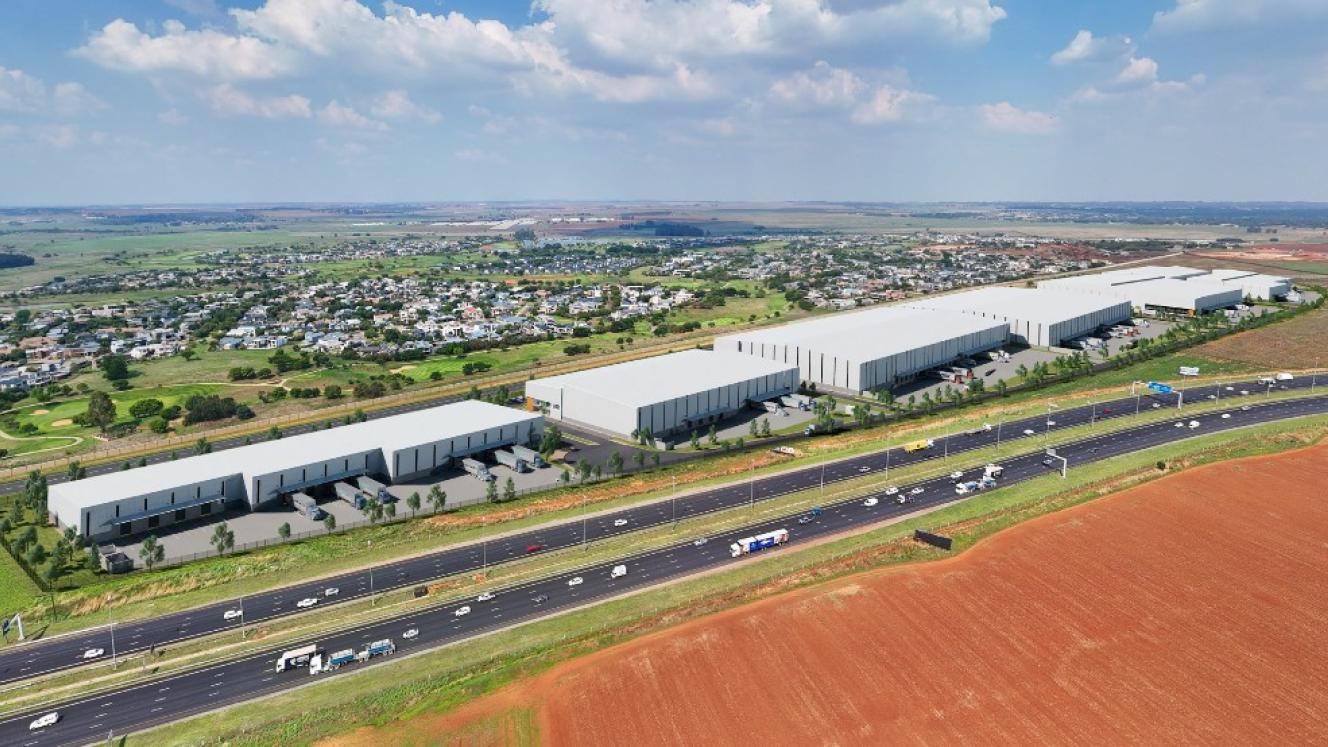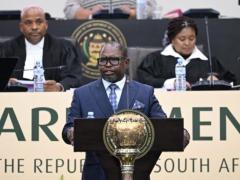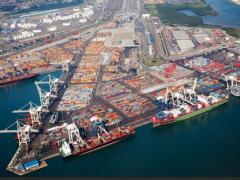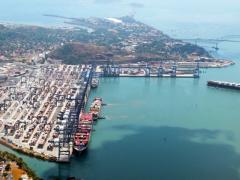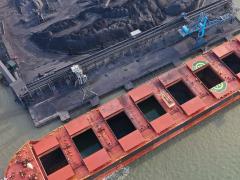Cuba faces a similar energy crisis to South Africa as rolling blackouts sweep a country battling with a shortage of electricity generation capacity.
The erratic power supply has negatively impacted Cuba’s economy, but it has now – like South Africa – turned to floating mobile generating stations, courtesy of Turkish operator Karpowership, to improve capacity.
According to Maritime Executive, Cuba's relationship with Karadeniz-owned Karpowership began in 2018, when its government signed a four-year charter for three small floating power plants. In total, these units provide about 110 MW of capacity.
Like South Africa, Cuba's traditional power plants are in need of serious maintenance, and the addition of the floating generating stations has made it easier to take plants offline for repairs. The eighth floating unit arrived in Havana at the beginning of February, raising overall capacity to around 770 MW, one-quarter of Cuba's minimum electrical demand of 3 000 MW.
However, in South Africa, there has been strong environmental and civic legal opposition to the government’s costly decision to grant licences to Karpowership.
The Organisation Undoing Tax Abuse (Outa) filed an application in the Pretoria High Court in January, challenging the National Energy Regulator’s (Nersa) secrecy over its decisions to award generation licences to Karpowership. Outa said in its court papers that the secrecy hid the financial implications of the deal, estimated to be more than R200 billion for the proposed 20-year contract.
Outa has asked the court to order Nersa to provide Outa with “a complete, unredacted record” of the Nersa decisions to award generation licences to Karpowership companies to operate powerships in the ports of Saldanha Bay, Ngqura and Richards Bay. Nersa and Karpowership have opposed the application.
The latest court action is part of Outa’s main application filed on April 26, 2022, in which it calls on the court to review and set aside Nersa’s decisions to award the generation licences. The notice of motion in the main application called for Nersa to provide within 15 days copies of documents relating to the decisions, including the reasons for the decisions. In June, Nersa provided a heavily redacted record, without having made any agreement with Outa and without having asked the court for condonation to deviate from the rules on the provision of documents. In December, Outa filed a notice calling for Nersa to produce the full record in terms of the court rules but it failed to comply, leading Outa to bring the application to compel.
